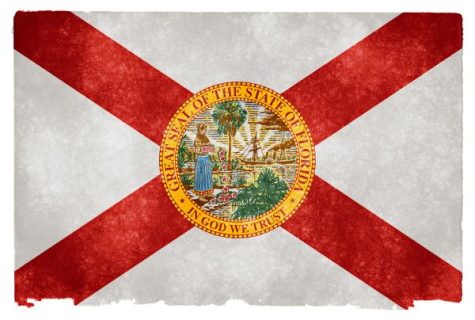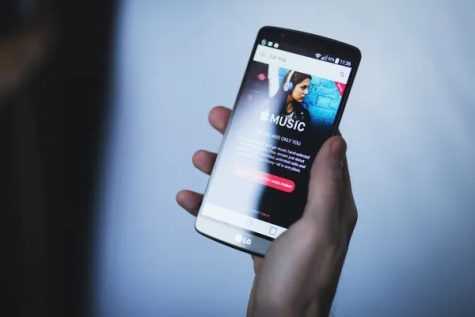Hold onto your avocado toast: Millennials may have it harder than you think
Millennials, with their selfie sticks and rampant narcissism, are often the target of unwarranted hate. Whether it’s in the media, from older generations, or society as a whole, they definitely have it rough, despite the stereotypes, which can take a toll on how the generation sees themselves. Millennials (people born between 1982 and the following twenty years) not only see themselves as self-absorbed and wasteful, but 60 percent of millennials label themselves as part of another generation, according to The Guardian.
In the real world, millennials suffer greatly as well. According to Pew Research, 5.3 million millennial households are living in poverty, more than any other generation. The average median income for millennials has fallen by $2,000 in the past 30 years.
Millennials are also belittled by older generations. According to Christopher Ingraham of the Washington Post, millennials are not only the least patriotic generation but also the least informed. Despite these criticisms, millennials are actually one of the most productive generations thus far. The hate of millennials is unfounded and creates an unreachable expectation for them and future generations.
Millennials are possibly the most entrepreneurial generation, say many sources. For instance, as documented by Forbes, an astounding 67 percent of millennials intend to start their own businesses. Additionally, 51 percent of millennials prefer conducting business face to face as opposed to over the phone or email. It could also be argued that millennials are on course to be the most productive generation. According to CNBC, millennials will make up 46 percent of the workforce by 2020, and according to Forbes Magazine, 75 percent of the workforce by 2025.
Older generations may perceive the technological prowess of millennials as laziness, dismissing their productivity. This is a mistake on the part of members of Generation X and Baby Boomers, as the future of American business lies in the hands of millennials. Refusing to acknowledge the ingenuity of the younger generation could be the end of teamwork in professional environments.
It is also difficult to be a millennial from an economic standpoint. In the school year of 1976-1977, the average yearly tuition for all resources (housing, food, books, etc) was only $2,275, according to the National Center for Education Statistics. During this same period (the year of 1976), the average national minimum wage was $2.30. Assuming that the average person takes out a student loan to cover their tuition, and they are working a 40-hour work week earning minimum wage, it would take just over six months to pay back the loan in full.
These statistics are a stark contrast to the amount of time it takes for the average millennial to pay back student loans. In 2016, the average minimum wage in the U.S. was $8.10 according to TIME Magazine and the average national college tuition price in 2014-2015 was a shocking $20,403 according to Statistic Brain. This means that an average millennial must work a full time job on minimum wage for roughly 15 months to pay off student loans, more than twice the amount of time as an average Baby Boomer.
These numbers display a nearly impossible scenario for millennials, seeing as it assumes that they are able to be hired at and handle a full time job in college. The stress of balancing a part of full time job and college courses can lead to heightened anxiety which, according to the “American Association of University Professors” can make it less likely for students to finish their degree. But despite this fact, millennials are the most educated generation. The financial situation for millennials is also made more worrisome when one considers data reported by Forbes Magazine. The article states that while the national average unemployment rate is 4.9 percent, the unemployment rate for millennials is 12.8 percent.
In an opinion piece for the Huffington Post, Anthony Orlando opines that despite millennials doing everything they are supposed to do in order to enter the workforce, they still suffered with finding jobs, saying “We went to college. We got good grades. We stayed out of trouble. We interned. We applied. We interviewed. We did everything we were supposed to do. And no one hired us.” The piece goes on to remark that “It must have been nice to live in an economy where people were rewarded for sacrificing and studying and working hard.”
The media also takes aim at millennials quite often. From TIME calling them the most narcissistic generation in a 2013 study to Business Insider claiming millennials are killing multiple industries, including high end items such as diamonds all the way to common household items like napkins.
These assertions are simply proof that millennials are changing the way the world works, especially in the key components of what defines the “American dream.” The Bank of America reports that millennials are more education-oriented than the previous generations. One third of this group has college degrees, and is far less focused on buying homes and getting married.
This information is often neglected when reporting on millennials, and they are often labeled as selfish or oblivious, only caring about their avocado toast and pumpkin spice. Despite claims that millennials are uneducated and lazy, they have proved themselves as a successful, mature and hardworking group of young people.









